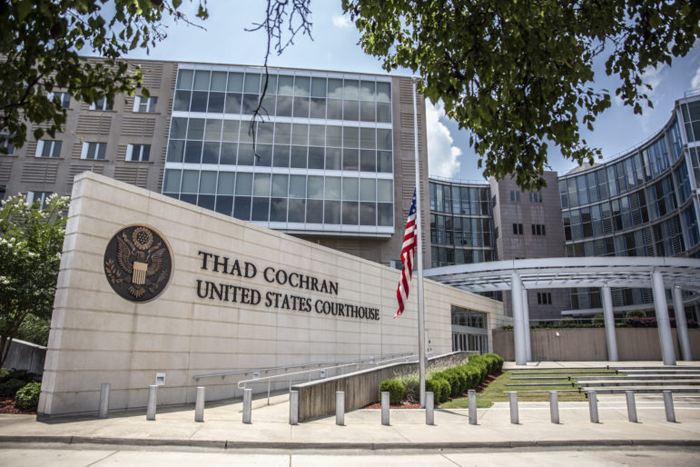
By Larrison Campbell,
Mississippi Today,

The state has long violated the rights of Mississippians with severe mental illness and, left to its own devices, will likely continue to do so, according to a federal judge.
In a sweeping 60-page decision issued Wednesday, U.S. District Judge Carlton Reeves said that the state repeatedly failed to modernize its mental health system, and ordered the appointment of a “special master,” to help the state comply with federal law.
Although the state argued at trial that the U.S. couldn’t prove that anyone had actually been denied appropriate care, Reeves disagreed, using several sections of his decision to describe an old-fashioned “hospital centered” state mental health system with “major gaps in its community care.”
“The United States’ experts provided dozens of examples of individuals who were unnecessarily hospitalized or hospitalized too long because they were excluded from community-based services,” Reeves wrote. “Some of the persons the United States’ experts analyzed for this suit were still hospitalized when the experts interviewed them.”

Reeves’ decision comes two months after the end of this summer’s four-week trial, in which the U.S. Department of Justice argued that Mississippi’s reliance on antiquated state hospitals violated the Americans with Disabilities Act – a conclusion that Reeves reached as well.
Early in his decision Reeves quoted testimony from Melody Worsham, an employee of the state Department of Mental Health who also has her own severe mental illness, to describe how the state repeatedly failed to expand community-based services.
“It’s like they stop right at that point to do the very thing that actually would make a difference. They stop. So there is a lot of talk, there is a lot of planning, but there is also a lot of people being hurt in the process,” Reeves wrote in his decision, quoting Worsham’s testimony.
Although Reeves sided with the Department of Justice, agreeing that the state had been slow and inconsistent to adopt a system of care that fit federal standards, he stopped short of outlining exactly how the state should make those changes. Instead he ordered the appointment of a “special master” who would help both the Department of Justice and the state work out a remedy, a move that somewhat puts the solution back in the hands of both parties.
“The Court is hesitant to enter an Order too broad in scope or too lacking in a practical assessment of the daily needs of the system. In addition, it is possible that further changes might have been made to the system in the months since the factual cutoff…,” Reeves wrote in his statement. “The evidence at trial showed what the State needs to do. The primary question for the special master is how quickly that can be done in a manner that is practical and safe for those involved.”
In her opening statement, Deena Fox, lead attorney for the Department of Justice, said that if Reeves decided that Mississippi violated its citizens’ rights, he should order the state Department of Mental Health to create what’s called an Olmstead Plan, outlining how the state would comply with federal requirements.
“The agency knows what it needs to do and could make those changes,” Fox said in June.
Olmstead is the landmark Supreme Court case at the crux of the Department of Justice’s complaint. In 1999, the Supreme Court ruled that not giving people with mental illnesses the option to receive mental health care in their own communities violates the Americans with Disabilities Act. These services can include medication assistance, crisis intervention, psychological services and housing and employment support.
Reeves acknowledged that Mississippi had years to comply with this shift and standards, and left to its own devices, consistently failed to do so. In 2011, the Department of Justice sent Mississippi a letter concluding that Mississippi was “unnecessarily institutionalizing persons with mental illness” in violation of the Americans with Disabilities Act. But even before that, in 2008, Mississippi’s legislative review committee found that Mississippi’s institutional system had not kept up with national changes in treatment.
Reeves gave the Department of Justice and the state 30 days to come up with a list of names for the special master and a proposal for the special master’s role and ordered each side to confer before the hearing to see if they could find common ground.

Be the first to comment